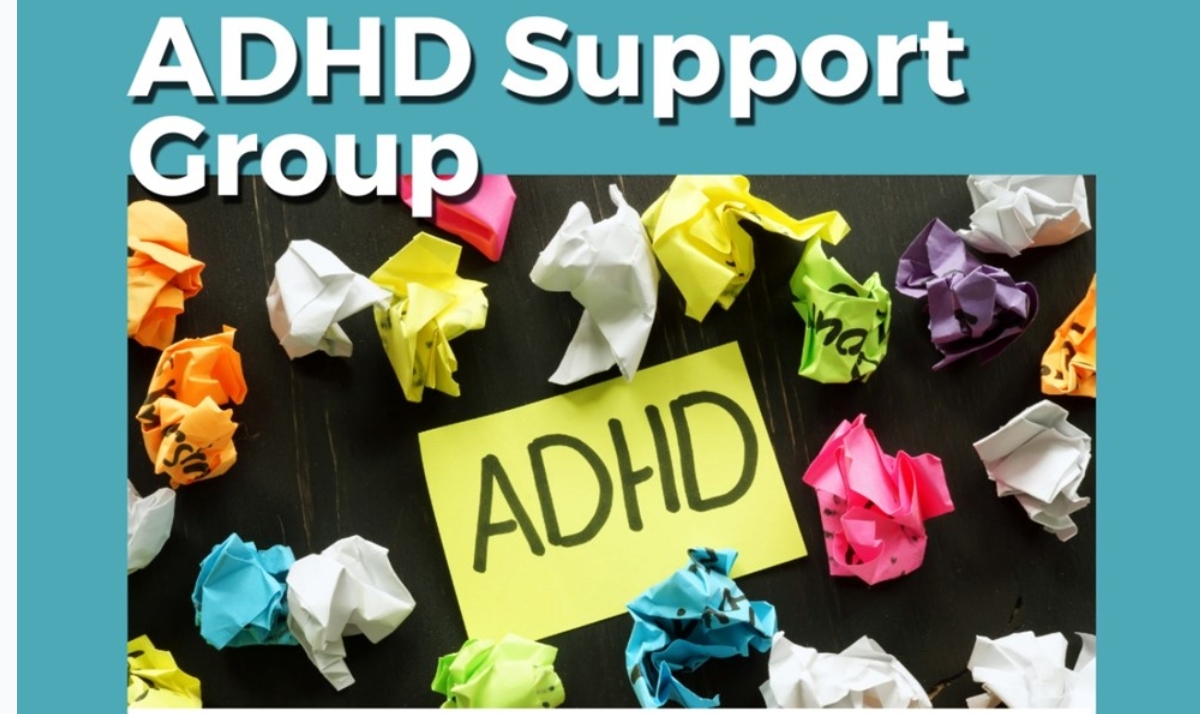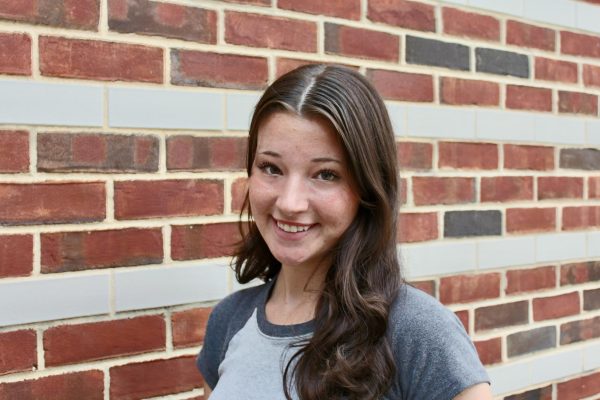Beyond the daily stress that every college student faces, deeper issues and struggles lie. From lingering anxiety and depression to loneliness, every college student faces some struggle that goes below the surface. Attention Deficit Hyperactivity Disorder, or ADHD, is one of these struggles that students from across the board face.
ADHD is “a neurological disorder that impacts the parts of the brain that help us plan, focus on, and execute tasks,” according to ADDitude magazine.
Students with ADHD may struggle with planning ahead and focusing on school work, but Rowan University’s Wellness Center employees are working to ensure that students with ADHD know they aren’t alone.
Tracey Swain, a licensed clinical social worker, and Tina Green, a licensed professional counselor, are providing Rowan Students with ADHD support every Thursday in 302 Victoria.
Students diagnosed with ADHD and students who suspect they may have ADHD can come out and talk to like-minded students to talk about their struggles.
“We started the group to provide a safe space for students to come who have been diagnosed with ADHD or are experiencing symptoms of ADHD, and we offer that space for them to talk about common symptoms that they might have or struggles that might be happening for them,” said Swain.
While this group is open to students who have been diagnosed with ADHD, it is also open to students who may suspect that they have ADHD or who have been self-diagnosed.
“You don’t have to have an official diagnosis. I think it’s important to… just explore what other people may be experiencing. That’s the power of the group dynamic, is identifying supports and common similarities from other people and hearing their experiences, because if they resonate with some of those experiences that you know, maybe confirm for them, or maybe make them question,” said Swain.
ADHD can look different from student to student. While many people may assume that ADHD can impact students’ ability to work and focus on their coursework, there are many struggles that go beyond school.
“I think a lot of what we like to bring to light in the group is the other things that go along with ADHD, which might be difficulties with relationships. Might be procrastination, motivation, task initiation, and also sensory issues. Sometimes, some people don’t realize that that’s a symptom of ADHD, or can go along with ADHD,” said Swain.
While the support group is meant to be a place for vulnerability and support, Swain and Green have tried to make it an interactive and engaging experience for all.
“We try to use interactive ways to engage students. So in the past, we’ve put together psycho-education questions and various questions about medication, things like that, incorporated that into jeopardy games, different games that might require hand-eye coordination, and also through PowerPoints,” said Green.
Students in every aspect of life can struggle with ADHD. From focusing on assignments to having difficulties building and maintaining relationships, ADHD can look different from person to person. Whether a student is diagnosed with ADHD or suspects they may have a neurological disorder, they are welcome to discuss their difficulties at the ADHD support group.
“We’d like to really talk about how it’s not just about academics that ADHD impacts, but other areas where it can come up as well, and give more information and space for people you know, sometimes people will have difficulties with their families, accepting their behavior, or, you know, their diagnosis, and we want to give that support to them,” said Green.
For comments/questions about this story DM us on Instagram @thewhitatrowan or email [email protected]
























































































































































!["Working with [Dr. Lynch] is always a learning experience for me. She is a treasure,” said Thomas. - Staff Writer / Kacie Scibilia](https://thewhitonline.com/wp-content/uploads/2025/04/choir-1-1200x694.jpg)










































